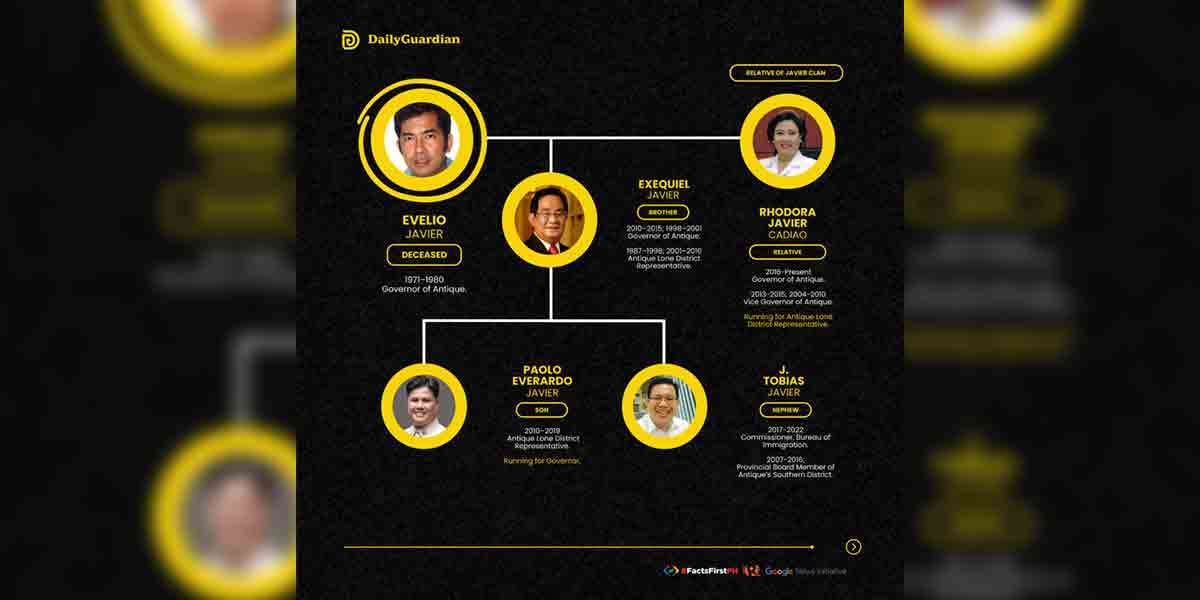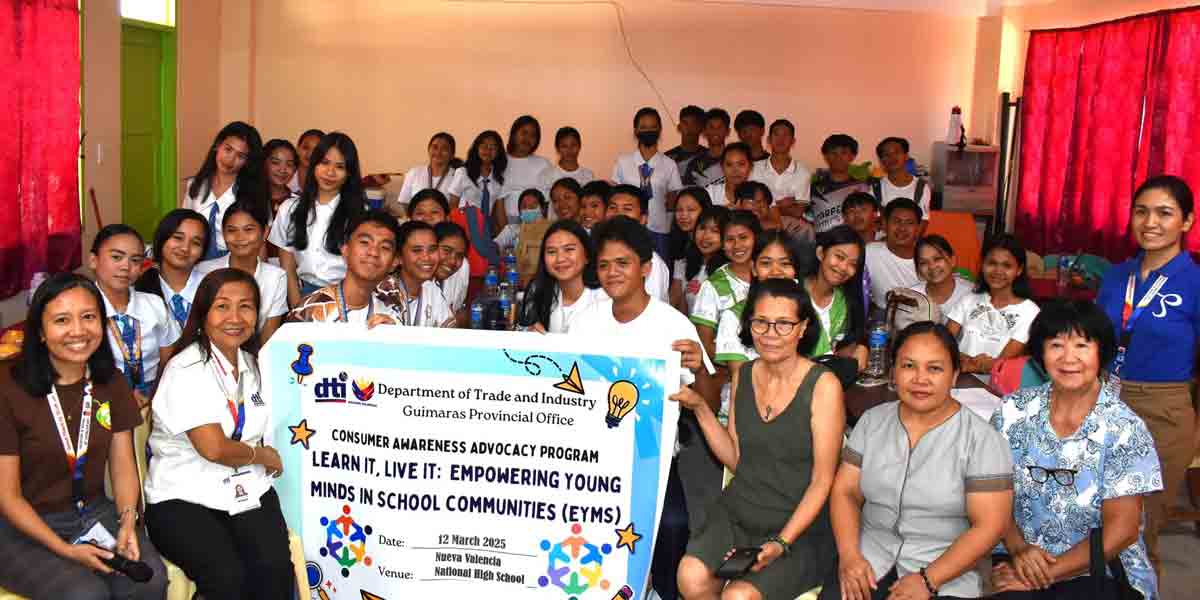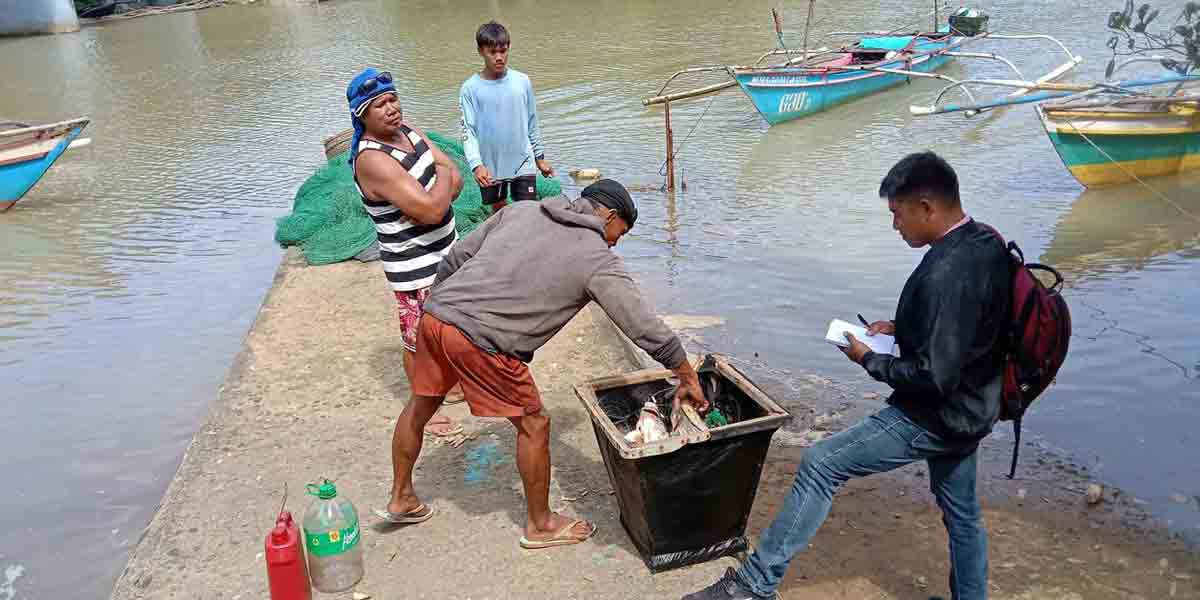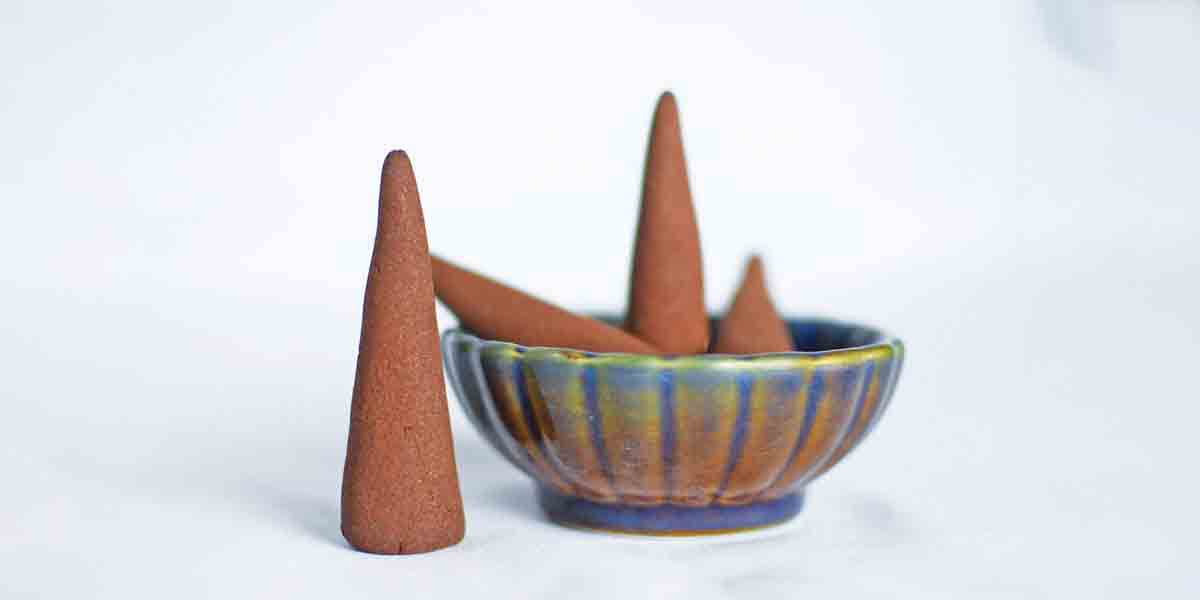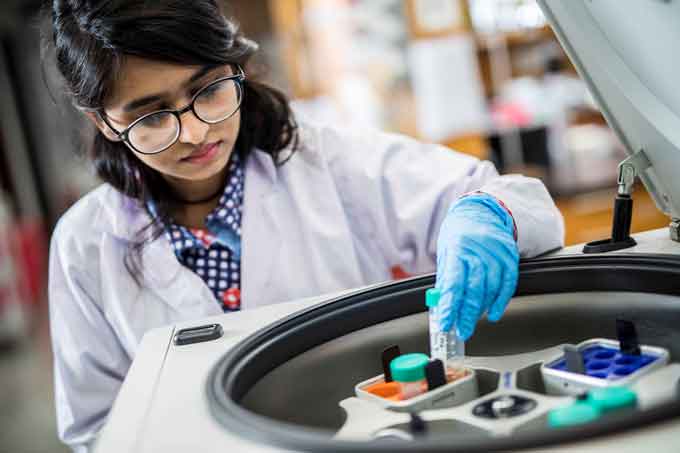
Filipino women in the fields of science, technology, engineering and mathematics are invited to apply for the second round of the British Council scholarships for Women in STEM (WiS).
Women from Cambodia, Indonesia, Laos, Malaysia, Myanmar, Philippines, Thailand and Vietnam can obtain support to pursue a Master’s degree or Early Academic Fellowship from a UK university.
Twenty-nine scholarships from six UK universities are available with: Brunel University, Teesside University, Liverpool John Moores University, Edinburgh Napier University, University of Glasgow and University of York. The scholarships include funding for 21 Master’s degrees and eight PhDs or fellowships.
Courses on offer include those in the fields of climate change, healthcare management, automation and water engineering, among others.
Scholars will have access to financial support, including tuition fees, stipends, travel costs, visas, health coverage fees and special support for mothers.
Leighton Ernsberger, Director Education and English, British Council, said: ‘To meet the challenges of the 21st century, we need more women and girls studying and working in STEM fields. But often, social and economic opportunities limit women from advancing their professional ambitions.
‘The UK has a world-renowned higher education sector that is truly international. These scholarships will enable talented women to take up a life-changing opportunity to develop their careers in their chosen STEM fields, and then harness the experience to make a greater impact for good when they return home.’
Last year, 15 scholars from Indonesia, Malaysia, Thailand and Vietnam travelled to the UK to start their master’s degrees in STEM subjects as part of the first Scholarships for Women in STEM cohort.
According to UNESCO, fewer than 30 per cent of researchers worldwide are women and only 30 per cent of female students select STEM-related fields in higher education[1]. As a typical STEM worker earns two thirds more than non-STEM workers[2], giving women equal opportunities to pursue STEM careers helps narrow the gender pay gap and would be a major contribution to the achievement of ‘Sustainable Development Goal 5: achieving gender equality and empowering all women and girls[3]’
In the Philippines, Evident reports that ‘just two in seven engineering students are female, only 41 per cent of students taking IT-related courses are women, and women make up only 43 per cent of STEM enrolments—and mostly in non-engineering or non-IT fields, according to statistics from the Commission on Higher Education[4].’
The country ranks 10th in the world in terms of the gender gap and first in the whole of Asia according to a Pew Research Center survey.
Applications should be made directly to the participating universities and should meet the specific requirements. For more information, please visit: www.britishcouncil.org/study-work-abroad/in-uk/scholarship-women-stem and your chosen university’s website.
The British Council Scholarships for Women in STEM applications are open until the end of March 2022.
[1] http://uis.unesco.org/sites/default/files/documents/fs55-women-in-science-2019-en.pdf
[2] https://www.pewresearch.org/social-trends/2018/01/09/women-and-men-in-stem-often-at-odds-over-workplace-equity/ps_2018-01-09_stem_1-09/
[3] http://uis.unesco.org/en/blog/where-are-all-women-science-and-research


